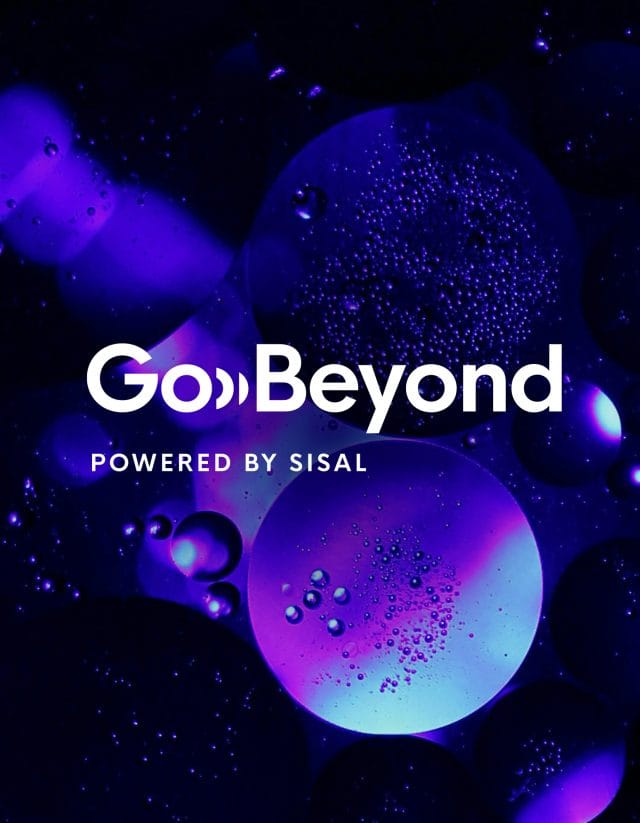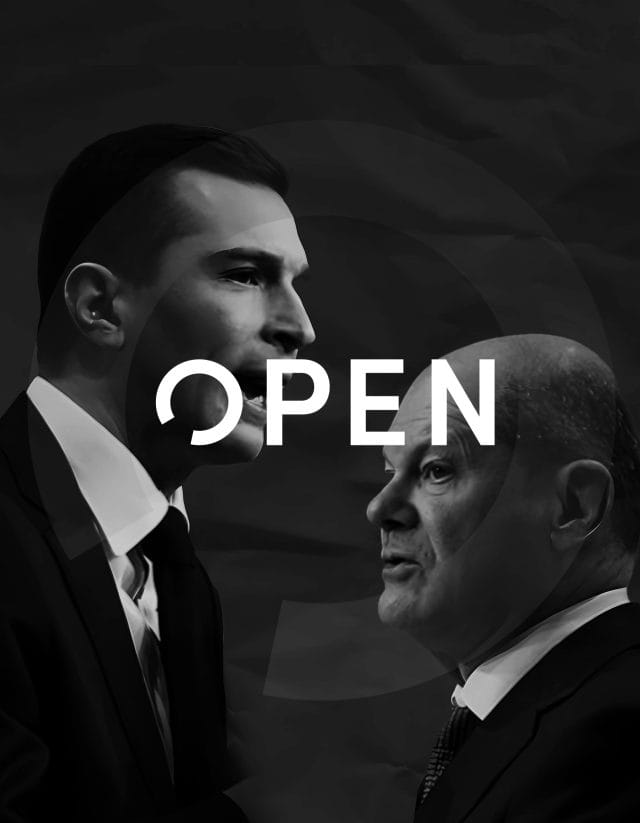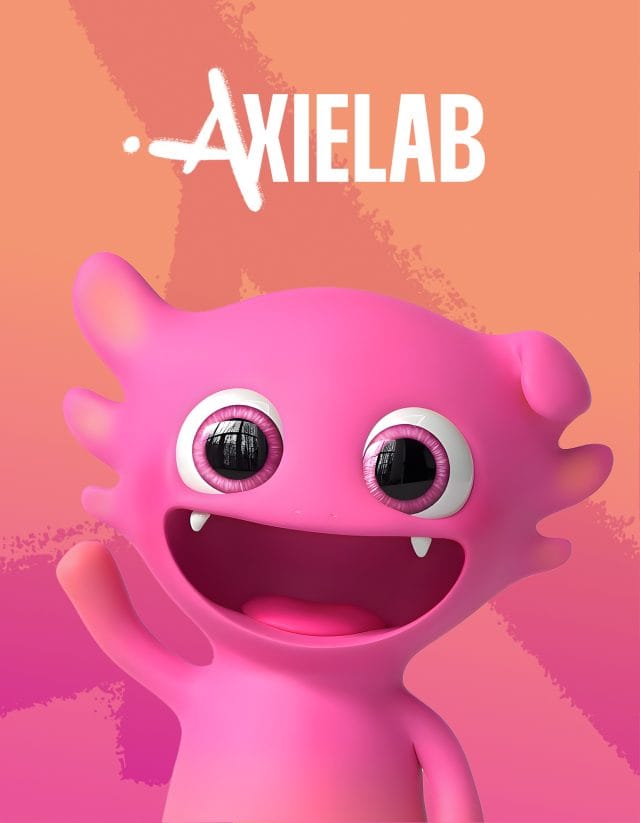Choosing a web agency is never easy. Every agency has its own identity, a modus operandi that can change radically, and skills that sometimes seem endless. The question, therefore, is: how do you identify the right one for you? Here we will explore the crucial factors to consider: from size and technological approach, to contract transparency, and the risk of running into unclear situations.
Size and types: which agency is right for you?
Web agencies are essentially divided into three main categories: small, boutique, and industrial. Each type has its pros and cons, responding to very different needs.
Small agencies, or freelancers, are ideal for those seeking highly customized solutions. With a small team, every phase of the project is under close watch, and the service is streamlined, without too many frills. Direct contact is a plus, responses are quick, and the approach is simple but focused. However, a small agency may not always be able to handle complex projects or cover all the technical and creative needs that require broader resources.
Boutique agencies are a middle ground. Less imposing than industrial firms but more solid than small agencies, they are perfect for those seeking specialization. If you need a mix of skills ranging from design to marketing or software development, they are the right choice. They manage projects of various sizes with constant communication, offering a truly tailor-made service. If your goal is a creative and flexible approach, this option could be the best.
Finally, industrial agencies. Large, structured, with virtually unlimited resources. They handle complex, large-scale projects with multidisciplinary teams that take care of every detail. But beware: size brings the opposite effect. Interaction becomes more impersonal, and workflow tends to be standardized. In these cases, smaller projects risk being overlooked, with a methodology that does not always meet specific needs.
In the end, the choice depends on the type of project and the degree of customization and interaction you need. Each category of agency has strengths that can really make a difference, but the secret is to find the one that best matches your goals.
The right questions to ask:
- How many people work in the agency? How do you manage complex projects and long-term work?
- Who will actually be my point of contact and what skills does the team have?
- How are projects distributed within the team? If you are a small agency, how do you handle heavy workloads?
Verifying the reliability of the agency
Checking if an agency is truly solid requires more than a superficial glance. The first move? Dig into the official website, LinkedIn, or other professional platforms. From there, you can get a fairly accurate estimate of the agency’s size, discovering how many people work there. LinkedIn immediately gives you an overview of the number of employees, a snapshot of available resources. For more official confirmation, you can always request a chamber of commerce report, which will give you precise numbers and verify whether the human resources truly exist to make your project take off.
Another fundamental piece? The DURC (Single Document of Social Security Compliance). Not only is it a guarantee that the agency is doing everything correctly with taxes and contributions, but it is also a sign of transparency and integrity. If they don’t show it to you, be cautious.
Design-Driven vs Technology-Driven
The philosophy of the agency can make a huge difference. An agency can be design-driven or technology-driven. And these two visions influence how the project will take shape.
Design-driven agencies put design and user experience (UX/UI) at the center. If your project focuses on a strong visual identity, eye-catching design, and an intuitive, engaging user experience, these agencies are the right ones. They excel at creating creative solutions, capable of telling visual stories and proposing fresh, innovative ideas.
On the other hand, technology-driven agencies put technique first. If your project relies on complex architecture, customized platforms, advanced integrations, or cutting-edge technologies, these are the agencies for you. Don’t expect stellar design, but a solid technical foundation that will allow you to build a stable, scalable infrastructure ready for the future.
Then there are agencies that have refined their craft over time, developing an approach that blends the best of both worlds: design and technology. If you are looking for a complete solution that doesn’t compromise between aesthetics and functionality, these agencies won’t disappoint. Here you will find the perfect balance between a smooth user experience and solid technical architecture, always with an eye on the future.
The right questions to ask:
- What is the agency’s main approach? Are you more focused on design or technology?
- How do you integrate design and technology in your projects? Which tools do you use for design and which for development?
- Do you have experience in projects similar to mine? Can you show me examples of how you managed design and technology in those projects?
Value chain, integrated or fragmented solutions
When choosing a web agency, one of the crucial elements to consider is the value chain it can cover. In a context where speed makes the difference, having to manage multiple suppliers becomes a significant obstacle. The ideal solution? An agency capable of offering you an integrated service and taking charge of every phase of the project, from initial consulting to design, from development to launch, and ongoing management.
An integrated solution reduces the risks of misalignment between different players involved and ensures greater fluidity and consistency in the process. Relying on different suppliers is often a logistical nightmare. Each step requires time to align, and in many cases results in inefficiencies and hidden costs.
Agencies that embrace the entire value chain simplify the process decisively. By offering a single point of contact for all phases — from branding to design, from software development to digital marketing — they guarantee a unified and cohesive vision, putting an end to fragmentation. And service continuity? It’s not just a convenience, but a guarantee of superior quality. With a 360-degree view of the project, these agencies can intervene promptly, solving issues before they become problems, without risking gaps or disconnections.
The right questions to ask:
- How do you manage the different phases of a project? Can you handle all phases internally or do you work with external partners?
- Which services are included in your package? Do you also offer post-launch support and maintenance?
Technologies at play: open source, proprietary, and lock-in
The technologies adopted by an agency are one of the keys to making the right choice.
Some agencies rely on open-source technologies – WordPress, Drupal, Magento, for example – which offer clear advantages: lower costs, greater flexibility, and accessible source code that allows customizations even independently. In practice, if tomorrow you decided to change agency or take development in-house, you wouldn’t be tied to a single solution. You can adapt, modify, and evolve the project without too many obstacles.
On the other hand, other agencies prefer proprietary solutions, where the client is bound to continuous maintenance – and sometimes constant costs for support. Here the advantage lies in accessing highly specialized features, but there is a downside: technological lock-in. This phenomenon can trap the client in a cycle of dependency, where every change or migration to another platform can mean high costs and unforeseen complications.
The choice between open-source and proprietary solutions depends on the specifics of each project. But, generally speaking, it is preferable to rely on scalable platforms that don’t force you into a continuous flow of complex and costly updates.
The right questions to ask:
- Which technologies do you use for project development? Do you prefer open-source solutions or develop proprietary platforms?
- Can I obtain the source code at the end of the project? And if I decide to change agency, how easy is it to migrate data and functionalities?
Transparency in contracts: what to expect
Transparency in contracts: one of the trickiest points when selecting a web agency. A good agency? One that puts everything in writing. Delivery times, costs, operational details – everything must be clear, with no grey areas. Every access, whether source code, domains, or other vital project resources, must be specified. But here’s the reality: it’s not uncommon for some agencies to take control of these crucial resources. Code, domains – kept under lock and key. And when the project is finished? The client is left empty-handed, unable to manage it independently. This is not just an inconvenience, it’s a risk that could cost you dearly.
A serious contract must also explain in detail what will happen after the site launch: will there be support activities? And maintenance? Does the agency offer training for the developed system? You need to know whether you are only relying on a development phase or if there will be concrete follow-up. Crucially, the contract must clearly state that the domain and project data are always your property. In any case.
Equally important is clarity on the payment model. Costs for the various phases, including any changes or revisions, must be disclosed from the start, with no surprises. Transparency doesn’t stop there: payment terms must be defined immediately, with precise deadlines and clear methods, avoiding unexpected issues and confusion during the entire development process.
The right questions to ask:
- Can you provide a comprehensive description of the contract? What exactly does it include: delivery times, costs, payment methods?
- Once the project is completed, who owns the source code and domains? Will I be free to access all resources and technical data related to the project?
- Do you offer post-launch support? How does it work? If I need modifications or ongoing maintenance, are there additional costs?
Scams around the corner: how to protect yourself from unreliable agencies
In the vast landscape of web agencies, it’s all too easy to run into those that play dirty, exploiting your lack of experience to drain your money. One of the most common traps? Promises that seem too good to be true.
Who hasn’t been promised miracles? Instant visibility on Google, endless calls thanks to marketing campaigns with no scientific basis. Don’t fall for those who sell easy solutions.
Agencies that sell you impossible dreams – like guaranteeing first place on Google in record time – are almost always those operating on the edge of ethics, if not crossing the line entirely.
The truth is that web marketing, SEO, and digital development are not child’s play: they require time, well-planned strategies, and solid skills. If someone promises extraordinary results with a laughably small budget, they probably don’t know what they’re doing, or worse, they’re trying to brainwash you.
Some of these unreliable agencies cut costs by outsourcing production to countries where labor is extremely cheap. The result? Websites that look rushed, with little attention to quality, security, or usability. A project that, instead of being an ally for your business, risks becoming your digital nightmare. And let’s not even mention the legal and reputational problems that could arise from reckless choices.
But there’s more. Another sneaky trick is “lock-in”, where the agency tries to trap you in a service that makes you dependent on them: hosting, domain management, proprietary development. A system that strips you of freedom, forcing you to stay tied to those who lured you in with an attractive but harmful offer in the long run.
The right questions to ask:
- What are your references in terms of SEO or search engine visibility? Can you show us concrete results achieved in similar projects?
- How do you manage cost transparency for marketing campaigns? What is your long-term strategy for achieving sustainable results and not instant promises?
- Where is the work actually carried out? Does the agency work internally or use external collaborators, for example in other countries?
In short
Choosing a web agency is not just about numbers, visibility, or trophies on display. It’s a choice that can mark the fine line between digital success and total failure. The size of the agency? Not enough. Reputation? Just one piece of the puzzle. There are nuances beyond that: the philosophy guiding the team, the ability to take charge of the project and manage it from start to finish without stumbling. Transparency in contract terms is crucial, but not always what it seems. Behind impeccable facades and attractive offers, fragile, opaque, and even harmful solutions sometimes lurk. Not everything that glitters is gold. Behind tempting offers sometimes lie unreliable, if not damaging, solutions.
Don’t be discouraged if the path seems long: patience is what will help you discover who truly deserves to be called a partner. Ask direct questions, without fear of seeming too intrusive. Explore, test, verify. And in the end, only when you are certain that the agency you collaborate with is not just a facade, but a team of professionals capable of supporting you in the realization of your online project, will you truly be able to say you made the right choice.









